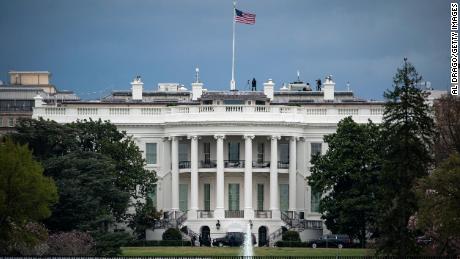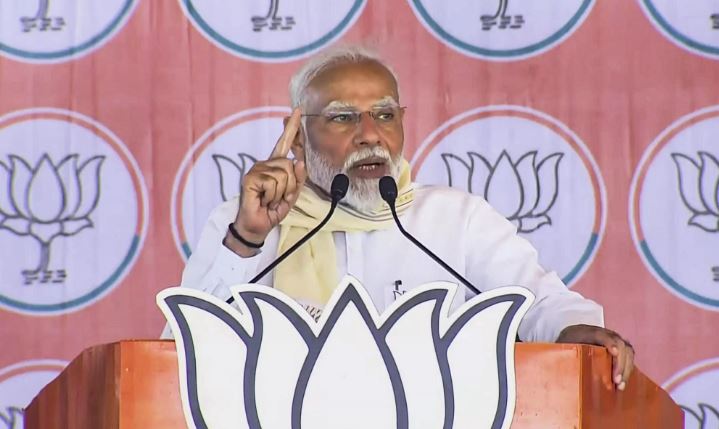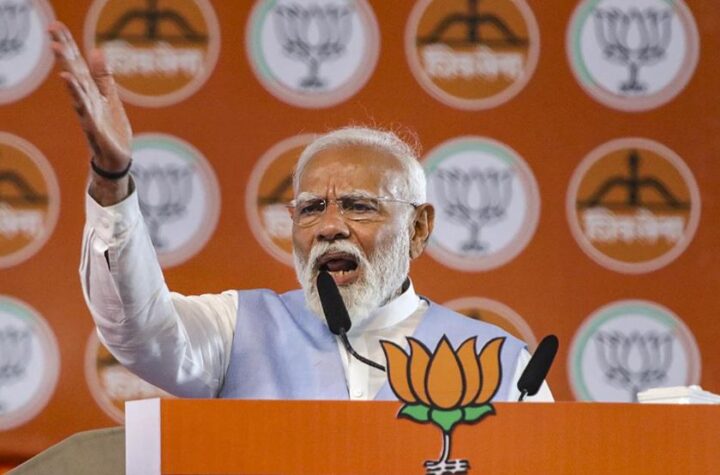Washington : US President Joe Biden will discuss challenges emanating from Moscow at the upcoming NATO summit, White House National Security Advisor Jake Sullivan said, adding that particular attention will be paid to cyber deterrence.
After this weekend’s G7 summit in the UK’s southwestern county of Cornwall, Biden headed for Brussels where the NATO summit will be held on Monday.
“He [Biden] will meet on the sidelines of the summit with the Baltic presidents, who are a powerful example of democratic governance on NATO’s eastern flank. And he will speak with them about a range of issues, including the challenge and threat posed by Russia about issues related to cyber and emerging technology, on which they are leaders; about China and the growing challenges it poses as well; and, of course, about the recent air piracy in Belarus,” Sullivan told reporters aboard Air Force One on Sunday.
NATO is expected to finalize a cyber defense strategy on Monday, which, according to the White House, will upgrade the defense, political, and intelligence dimensions of cyber across the Alliance.
“That will not be a public document, but he [Biden] will have the chance to consult with Allies on it. And in the communique that will be released, there will be a strong commitment to NATO’s emphasis on cyber deterrence and collective defense,” Sullivan said, adding that “if someone gets hit by a massive cyber attack, and they need technical or intelligence support from another Ally to be able to deal with it, they could invoke Article 5 to be able to get that.”
When asked about the specifics of possible NATO responses to cyber attacks, Sullivan did not elaborate, but did say that the response could be a veiled one.
“The way that I’ve consistently characterized our response when it — when it came to Solar Winds and to other cyber attacks of that scope and scale is that we are prepared to take responsive actions that are seen and unseen, and I’ll leave it at that,” the National Security Advisor said.
The Monday NATO meeting in Brussels follows on the back of this weekend’s G7 summit in the UK, which saw the leaders of the United Kingdom, United States, France, Germany, Italy, Japan, and Canada discuss issues such as the global recovery from the COVID-19 pandemic and tackling climate change.
On Sunday, the White House issued a statement saying that NATO was going to modify its strategic policies regarding Russia and China, and would release a new Strategic Concept addressing threats to collective security, as well as transnational threats such as terrorism, cyber crime, and climate change.
The so-called NATO 2030 strategic concept launched by Secretary General Jens Stoltenberg in December 2019 is set to be at the center of Monday’s discussions.











More Stories
Low vision clinic inaugurated at AIIMS Bhubaneswar
Urban education programme comes in handy for Odisha’s tribal, dalit kids
Now country ‘aatank’ struggling for ‘aata’: PM